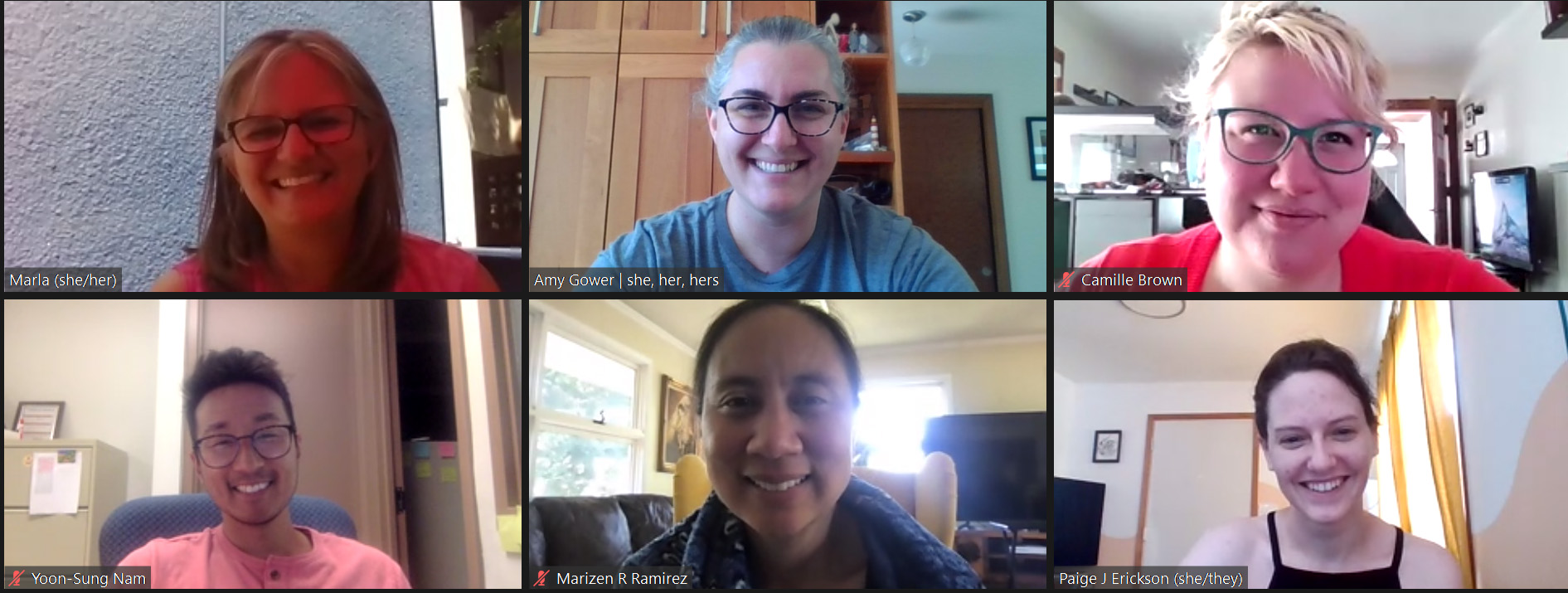The Healthy Environments And Stigmatized Youth (HealthEASY) Lab
Our team conducts both qualitative and quantitative research on a wide variety of social factors and how they are associated with the well-being of adolescents and young adults, with particular attention to marginalized groups such as lesbian, gay, bisexual, transgender and queer/questioning (LGBTQ) youth, those with disabilities, and those who are overweight. We are also currently conducting research on intersecting identities, and how overlapping systems of oppression play into a broader picture of youth experiences.

Social factors include:
- Characteristics of the family and peer group (e.g. bullying experience)
- School resources, climate, and characteristics (e.g. presence of a gender/sexuality student organization)
- Features of the neighborhood or community (e.g. political climate, public policy).
Our studies are multi-method, including quantitative secondary data analyses as well as qualitative methods to create an accurate and meaningful illustration of risk and protective factors for youth. Our quantitative work builds on existing surveillance data like the Minnesota Student Survey, the California Healthy Kids Survey, and the Massachusetts Youth Health Survey to create multilevel datasets for hierarchical analysis. Qualitative methods such as go-along interviews, focus groups, and other novel techniques allow us to engage with youth, parents, and professionals.